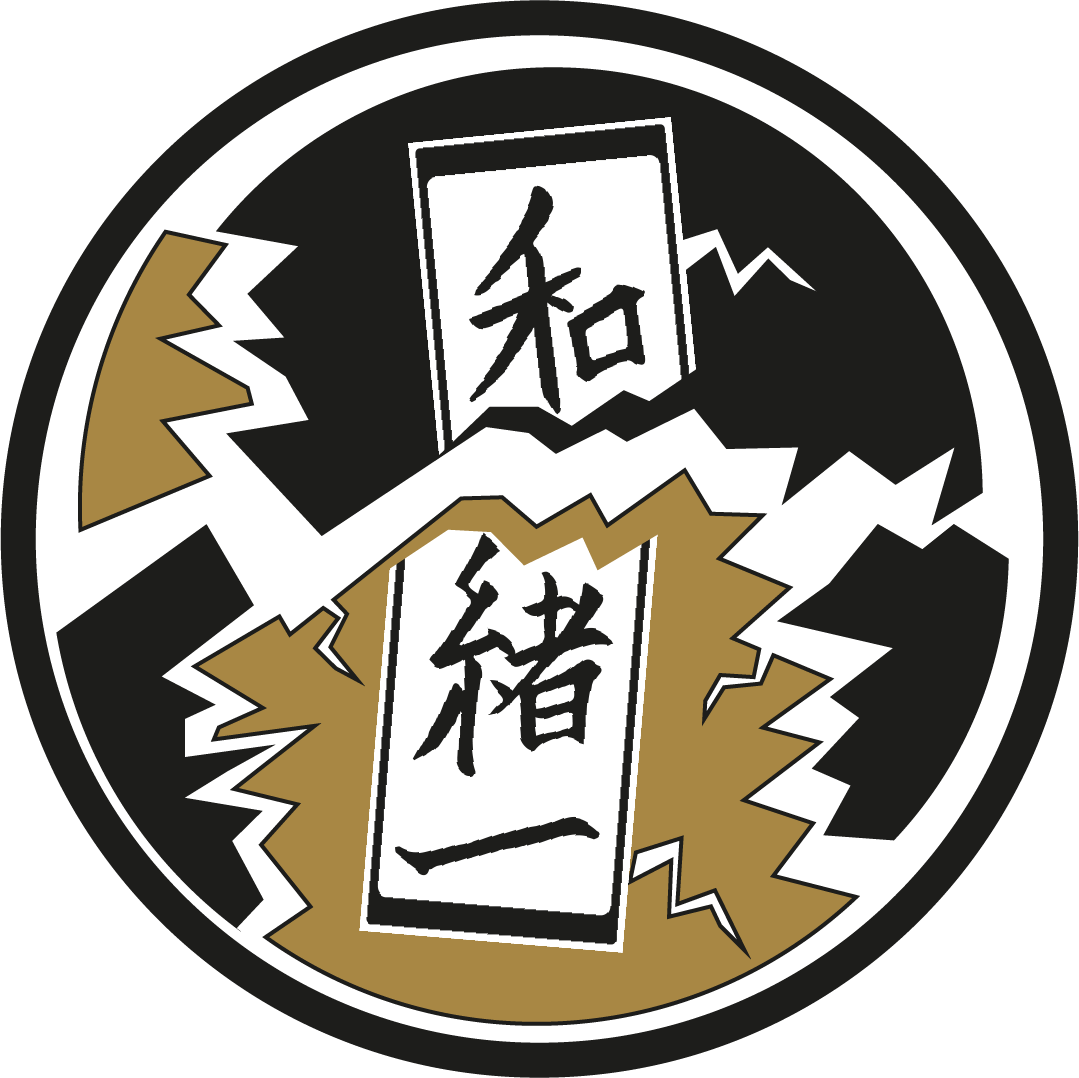Wasei-eigo: Concealing Meaning
Because wasei-eigo 和製英語 (Japanese made English) is written in katakana, it is considered something foreign, not originally Japanese. Because of that, it can be conveniently used to talk about things that are controversial. By marking ‘it’ foreign, wasei-eigo creates distance between the meaning of an expression and the words. From this viewpoint, it is closely connected to the concept of euphemism – because both generate distance from the actual meaning, facilitating conversation.
A herusu meetā ヘルスメーター is a bathroom scale. Funnily, the expression ‘bathroom scale’ itself also conceals the fact that’s it’s one’s body weight being measured. In Japanese, the bathroom scale becomes a ‘Health-o-meter’. It seems, at least basing on these examples, that weight is a delicate topic. In order to make the matter more private, the word underlines health rather than weight.
Furthermore, if we look at the expression rabuho ラブホ , which is an abbreviation for ‘love hotel’, the actual meaning is being concealed even more. Though distance has already been created through the pseudo-loanword written in katakana, it is being further changed by the means of shortening. So, abbreviation can also function as a ‘concealer of meaning’. Of course nowadays you can’t really hide that you’re going to a love hotel by using rabuho ラブホ anymore, as the word is widely known now.
The potential to obscure the meaning fades away with time, as a term is used more and more. In order to be able to really make the connotation unclear, new words/expressions would have to be created all the time – like when your computer automatically asks you to change your password again every couple of months.
Written by Jannick Scherrer

